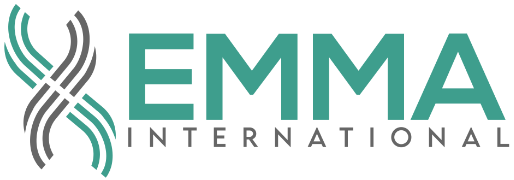A Corrective and Preventative Action (CAPA) is a tool utilized in order to address an issue or a potential issue with a product or process. According to the FDA “The purpose of the corrective and preventive action subsystem is to collect information, analyze information, identify and investigate product and quality problems, and take appropriate and effective corrective and/or preventive action to prevent their recurrence.”[1] There can often be some confusion over when it is appropriate to initiate a CAPA. At times it may feel like a situation does not require one when it actually does. Or the opposite may be true as well, a CAPA was written when one was not actually needed.
There are many different factors that relate to when to initiate a CAPA. Within a quality management system, those factors include nonconformances and complaints. A complaint will trigger the need for a CAPA depending on how the exact type of complaint is received. Multiple complaints about the same issue will point to a singular cause in a situation in which a CAPA will most likely be needed.
Nonconformances, on the other hand, will often require a CAPA, though that is not always the case. Nonconformances will have their own investigations and thus may not require a CAPA. When a nonconformance occurs one method of determining if a CAPA is needed is what is called a CAPA risk assessment. This is a different kind of risk assessment that specifically aims to determine if a CAPA is needed or not for the nonconformance. It is a powerful tool for when there is uncertainty if a nonconformance needs a CAPA. Alternatively, it can be used to justify why a CAPA is not needed.
Another potential source of a CAPA is an audit finding. Whether an internal audit or an external one any finding should initiate a CAPA. The CAPA will then be used as the method for correcting the finding and resolving the overall issue.
There are many other triggers for when to write a CAPA. Within an organization’s quality management system there should be clearly defined triggers for a CAPA. EMMA International can help define those triggers and provide an organization with all the tools they need for a proper CAPA management system. EMMA International provides Full Circle Consulting services, give us a call at 248-987-4497 or email us at info@emmainternational.com to get in touch with our team of experts today.
[1] FDA (September 2014) Corrective and Preventative Actions (CAPAs), Retrieved 03/19/2022 from https://www.fda.gov/corrective-and-preventive-actions-capa






